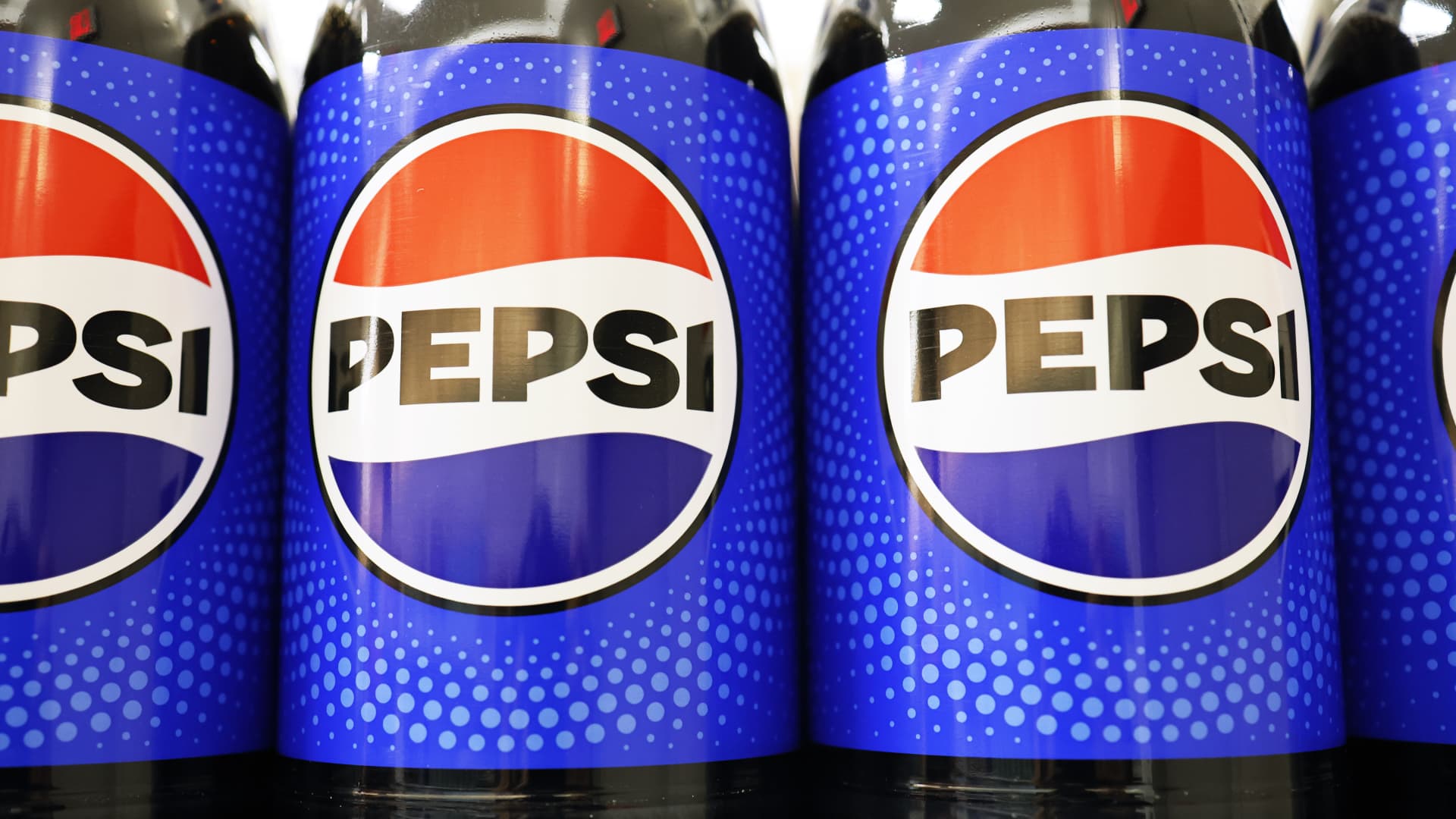Products You May Like
Even as the major averages have recently hit fresh records, there are plenty of catalysts that could shake things up, including geopolitical tensions and the upcoming U.S. presidential election.
Investors seeking some stability in their portfolios may want to consider high-quality dividend stocks, especially those with a track record of steady income payments.
Analysts conduct thorough research of companies’ fundamentals and their ability to pay and increase dividends over the long term.
Here are three attractive dividend stocks, according to Wall Street’s top experts on TipRanks, a platform that ranks analysts based on their past performance.
Enbridge
Energy infrastructure company Enbridge (ENB) is this week’s first dividend-paying pick. The company moves nearly 30% of North America’s crude oil production and about 20% of the natural gas consumed in the U.S.
Enbridge has increased its dividend for 29 years. It has a dividend yield of 7.7%.
Following its recent investor day event, RBC Capital analyst Robert Kwan reiterated a buy rating on ENB stock. The analyst thinks that recent developments, including regulatory approval of the acquisition of the East Ohio Gas Company, would support the market’s confidence in the company’s ability to grow its earnings.
It is worth noting that East Ohio Gas is the largest of the three utilities (the other two are Questar Gas and the Public Service Company of North Carolina) that Enbridge agreed to acquire from Dominion Energy.
“Dominion utilities represent the next episode in Enbridge’s series of growth platforms,” said Kwan.
The analyst highlighted that the company extended its growth targets through 2026 and now expects earnings before interest, taxes, depreciation and amortization growth in the range of 7% to 9% from 2023 through 2026. That compares with the previous growth outlook of 4% to 6% from 2022 to 2025. Additionally, the company anticipates that this forecast will enable it to increase its annual dividend.
Kwan ranks No. 191 among more than 8,700 analysts tracked by TipRanks. His ratings have been successful 67% of the time, with each generating an average return of 10.2%. (See Enbridge Hedge Funds Activity on TipRanks)
Bank of America
Next up is Bank of America (BAC), one of the leading banking institutions in the world. The bank returned $12 billion to shareholders via dividends and share repurchases in 2023.
The bank announced a dividend of 24 cents per share for the first quarter of 2024, payable on March 29. BAC stock offers a dividend yield of 2.6%.
Recently, RBC Capital analyst Gerard Cassidy reiterated a buy rating on Bank of America with a price target of $39. The analyst is optimistic about the leadership of chairman and CEO Brian Moynihan, who is helping the bank steadily generate improved profitability through a focus on expenses and solid credit underwriting principles.
Cassidy also noted that BAC has a solid balance sheet, with a common equity tier 1 ratio of 11.8% and a supplementary leverage ratio of 6.1% as of Dec. 31, 2023.
“Also, due to its strong capital position and PPNR (pre-tax, pre-provision revenue), it should be capable of paying and increasing its dividend throughout a downturn,” said Cassidy.
The analyst highlighted the bank’s growing deposit market share, its dominant position in global capital markets, and the stock’s attractive valuation. He expects BAC’s profitability to gain from the increased adoption of its mobile offerings.
Cassidy ranks No. 143 among more than 8,700 analysts tracked by TipRanks. His ratings have been successful 62% of the time, with each generating an average return of 14.9%. (See BAC Technical Analysis on TipRanks)
PepsiCo
This week’s third dividend pick is snack food and beverage giant PepsiCo (PEP). Last month, the company reported better-than-expected earnings for the fourth quarter, even as its revenue declined and missed analysts’ expectations due to pressure on demand in the North American business.
Nonetheless, PepsiCo announced a 7% hike in its annualized dividend to $5.42 per share, effective with the dividend payable in June 2024. This increase marked the 52nd consecutive year in which it boosted its dividend payment. PepsiCo currently has a dividend yield of 2.9%.
Overall, PepsiCo is targeting cash returns to shareholders of about $8.2 billion in 2024, including $7.2 billion in dividends and $1 billion worth of share repurchases.
On March 18, Morgan Stanley analyst Dara Mohsenian upgraded PepsiCo stock to buy from hold with a price target of $190. The analyst cited two reasons behind an earlier downgrade of the stock – valuation concerns and his opinion that the consensus organic sales growth (OSG) guidance seemed too high.
However, Mohsenian noted, “Both of these issues have now played out, and we would be aggressive buyers here ahead of a powerful inflection in H2 after PEP bottoms fundamentally in Q1, and returns to above consensus and peer OSG, with PEP’s valuation compression overdone.”
The analyst named PepsiCo a top pick, contending that the market is not fully pricing in the growth prospects of the company’s international business.
Mohsenian ranks No. 383 among more than 8,700 analysts tracked by TipRanks. The analyst’s ratings have been profitable 68% of the time, with each generating an average return of 9.2%. (See PepsiCo Stock Buybacks on TipRanks)
